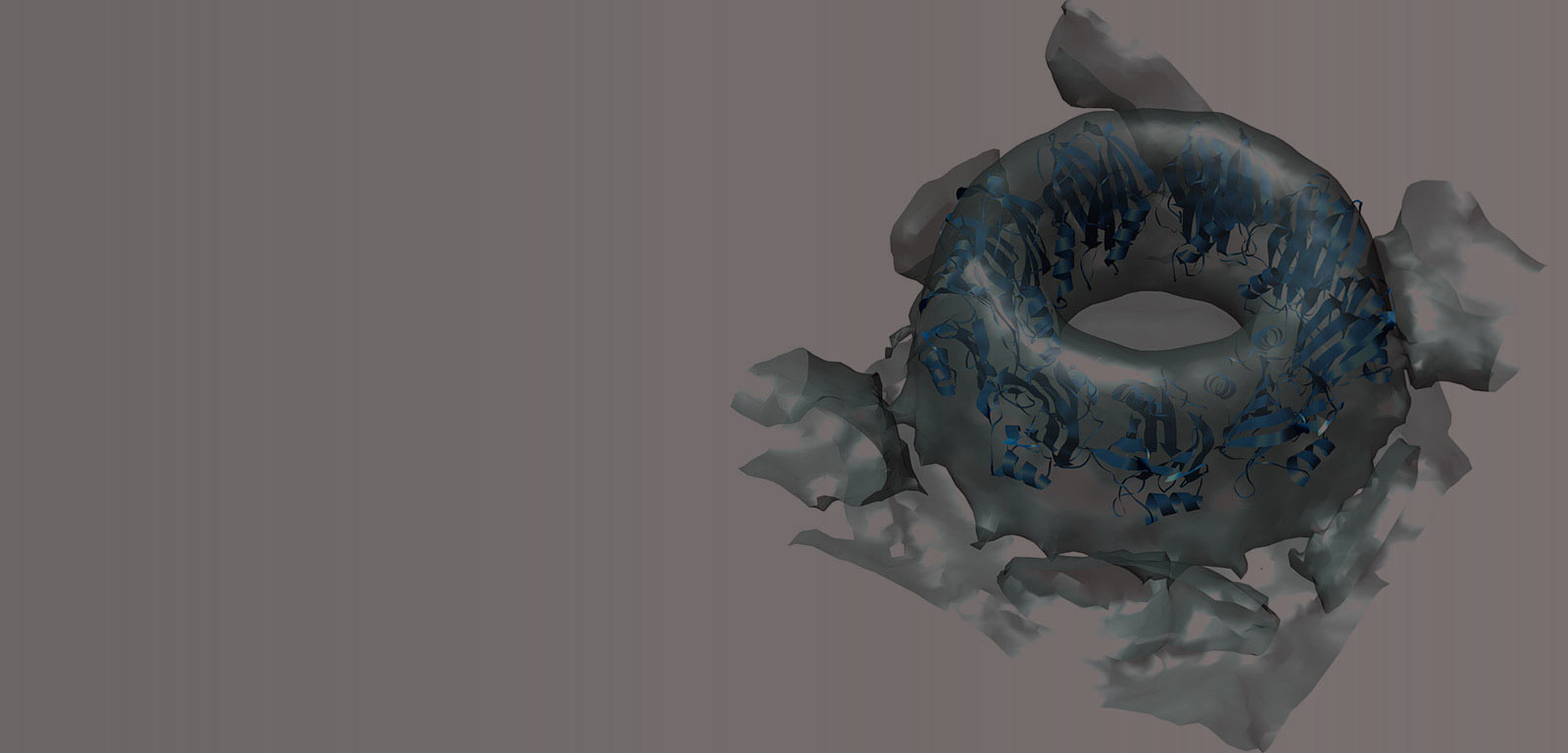Syllabus
Study load toggle-navigation
Programme toggle-navigation
Compulsory subjects
| Subject | Languages | ECTS Credits | Specialities / Syllabus | Teaching Base | Mode |
|---|---|---|---|---|---|
| Advanced Workshop on Biomedicine | English | 5 | -- | Universidad de Cantabria
(
Facultad de Medicina
)
| Face-to-face degree course |
| Advanced Workshop on Molecular Biology | English | 5 | -- | University of the Basque Country
(
Faculty of Science and Technology
)
| Face-to-face degree course |
Optional subjects
| Subject | Languages | ECTS Credits | Specialities / Syllabus | Teaching Base | Mode |
|---|---|---|---|---|---|
| Advanced nanomedicine in metabolic and inflammatory diseases: development and applications | English | 5 | -- | University of the Basque Country
(
Faculty of Science and Technology
)
| Face-to-face degree course |
| Advances in Neuropsychopharmacology | Spanish | 5 | -- | Universidad de Cantabria
(
Facultad de Medicina
)
| Face-to-face degree course |
| Cellular and Development Biology | Spanish | 5 | -- | Universidad de Cantabria
(
Facultad de Medicina
)
| Face-to-face degree course |
| Cellular-Molecular Biology of Membranes | English | 5 | -- | University of the Basque Country
(
Faculty of Science and Technology
)
| Face-to-face degree course |
| Current advances and future trends in molecular and cellular microbiology | English | 5 | -- | Universidad de Cantabria
(
Facultad de Medicina
)
| Face-to-face degree course |
| Genetic Engineering and Biotechnology | English | 5 | -- | Universidad de Cantabria
(
Facultad de Medicina
)
| Face-to-face degree course |
| Macromolecular Structure | English | 5 | -- | Universidad de Cantabria
(
Facultad de Medicina
)
| Face-to-face degree course |
| Molecular Basis of Cell Proliferation, Differentiation and Death | English | 5 | -- | Universidad de Cantabria
(
Facultad de Medicina
)
University of the Basque Country
(
Faculty of Science and Technology
)
| Face-to-face degree course |
| Molecular Phamacology and Pharmacogenetics | Spanish | 5 | -- | CIC-BIOGUNE
(
CIC-BIOGUNE
)
University of the Basque Country
(
Faculty of Medicine and Nursing
)
University of the Basque Country
(
Faculty of Science and Technology
)
| Face-to-face degree course |
| Molecular and Cellular Basis of Liporegulation | Spanish | 5 | -- | University of the Basque Country
(
Faculty of Medicine and Nursing
)
University of the Basque Country
(
Faculty of Science and Technology
)
| Face-to-face degree course |
| Neuroscience in health and disease | English | 5 | -- | University of the Basque Country
(
Faculty of Medicine and Nursing
)
| Face-to-face degree course |
| Normal and Pathological Immune Response | Spanish | 5 | -- | Universidad de Cantabria
(
Facultad de Medicina
)
| Face-to-face degree course |
| Omics : Experimental designs and data analysis | English | 5 | -- | University of the Basque Country
(
Faculty of Medicine and Nursing
)
University of the Basque Country
(
Faculty of Science and Technology
)
| Face-to-face degree course |
| Proteomics in Biomedicine | English | 5 | -- | University of the Basque Country
(
Faculty of Science and Technology
)
| Face-to-face degree course |
Final Master's dissertation
| Subject | Languages | ECTS Credits | Specialities / Syllabus | Teaching Base | Mode |
|---|---|---|---|---|---|
| Master Thesis | 30 | -- |
Methodology
The Master's Degree requires 60 credits divided into a course period (30 credits) and a research period (30 credits). During the course period, students typically study 6 subjects, each worth 5 credits, and 2 of which are compulsory. They must also choose 4 other subjects from the 14 electives taught at the UPV/EHU or at the UC. It can also be taken as a part-time course, as there is no minimum of credits or courses to be enrolled on.The teaching methodology used on this Master is aimed at problem solving and is fundamentally participative in nature. The following teaching methods are used: 1) Expert presentations of the conceptual contents 2) Case studies 3) Directed studies of the literature 4) Implementation and application of the techniques and procedures studied 5) Individual exercises are alternated with group activities 6) 50% of the credits (all the second term) are for an individual research project, under the supervision of a tutor with proven experience. Students should use GAUR (the university's academic management programme) to find the tutorial schedules of the lecturers in each subject.Assessment
The assessment of the students is continuous and systematic in each module. Students are assessed using one or more of the following methods: 1) Active participation in classes and seminars 2) Completion of practical exercises, in and outside class 3) Coursework presentation 4) Exams. For the "Research Work" subject: final report on the research work carried out, oral presentation, tutor's report.- Number of credits ECTS : 30
- Master's Final Project teachers


